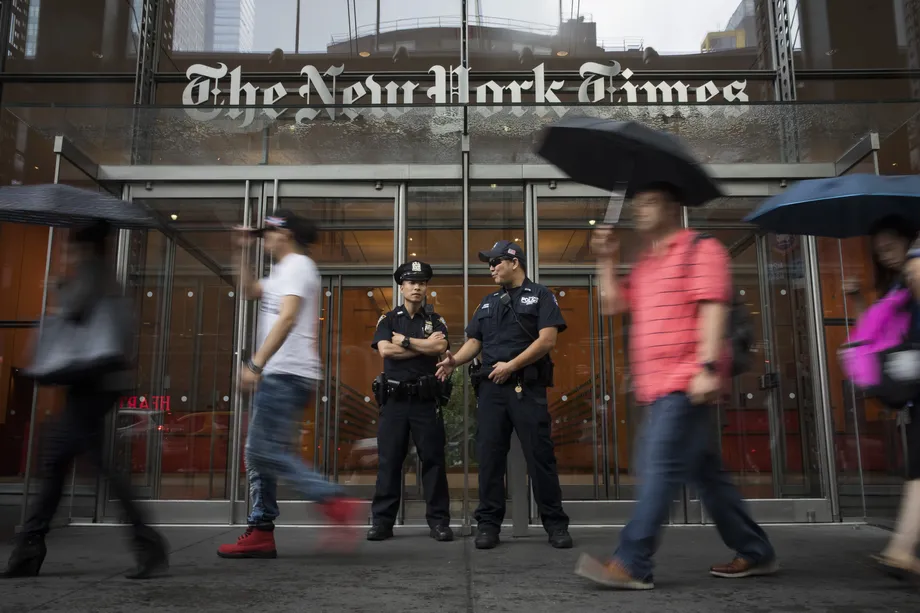
If you’re old enough to remember watching the hit kid’s show Animaniacs, you probably remember Napster, too. The peer-to-peer file-sharing site, which made it easy to download music for free in an era before Spotify and Apple Music, took college campuses by storm in the late 1990s. This did not escape the notice of the record companies, and in 2001, a federal court ruled that Napster was liable for copyright infringement. The content producers fought back against the technology platform and won.
But that was 2001 — before the iPhone, before YouTube, and before generative AI. This generation’s big copyright battle is pitting journalists against artificially intelligent software that has learned from and can regurgitate their reporting.
Late last year, the New York Times sued OpenAI and Microsoft, alleging that the companies are stealing its copyrighted content to train their large language models and then profiting off of it. In a point-by-point rebuttal to the lawsuit’s accusations, OpenAI claimed no wrongdoing. Meanwhile, the Senate Judiciary Subcommittee on Privacy, Technology, and Law held a hearing in which news executives implored lawmakers to force AI companies to pay publishers for using their content.
Depending on who you ask, what’s at stake is either the future of the news business, the future of copyright law, the future of innovation, or, specifically, the future of OpenAI and other generative AI companies. Or all of the above.










